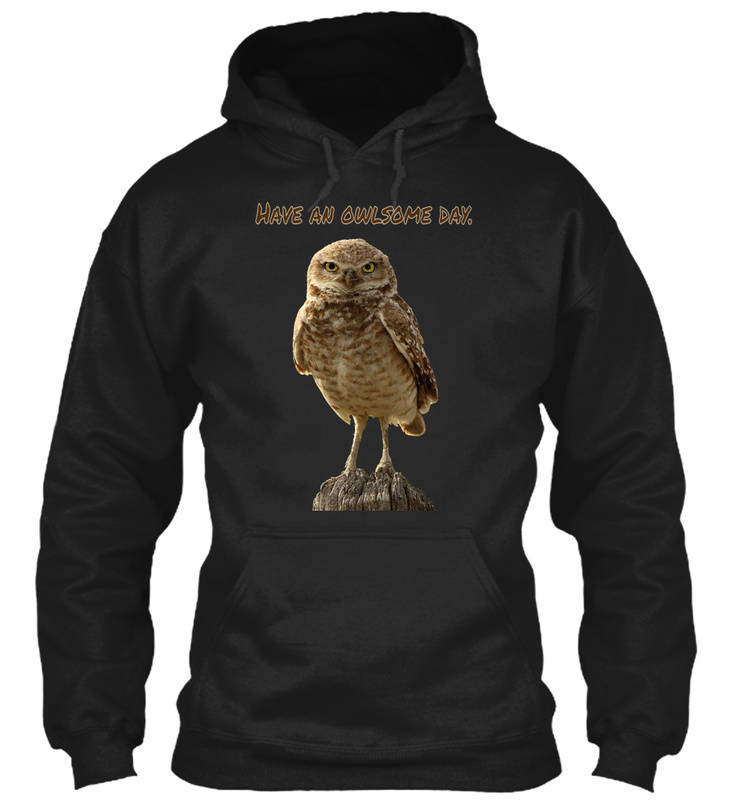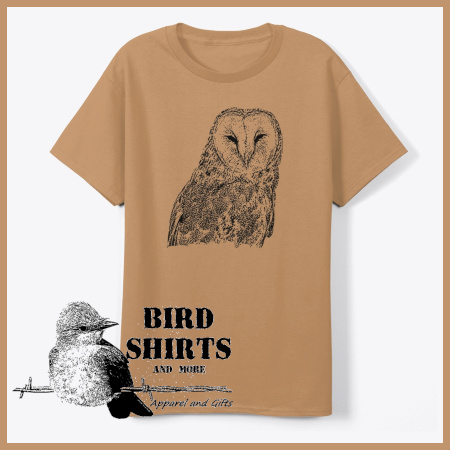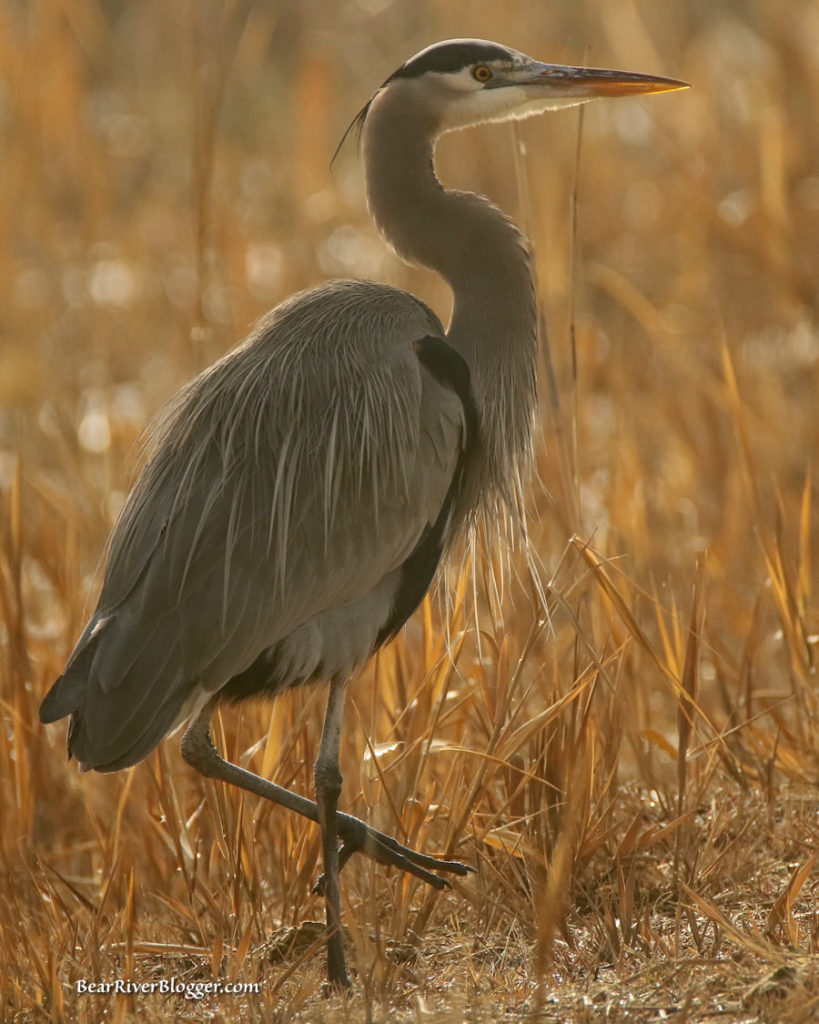Follow me around for a short while and one thing will become quite apparent, I love bird watching when there are great blue herons around.
And if truth be told, there really is no better way to learn about birds than to sit and watch them for a spell.
I literally have an endless supply of bird-watching books that I’ve acquired over the year, but I still learn more from just getting out and going birding whenever I can.
I’ve been bird watching for more than 40 years now and even to this day, I am still learning new and interesting things about birds I hadn’t known before because I simply sit and watch birds, well, be birds.
Being a blogger and outdoor photographer does lend itself well to this opportunity of watching and learning about birds I must admit.
And when I witness and learn something new about a bird, especially the great blue heron, it motivates me to get out and watch birds even more down the road.
This particular blog post is all about that notion, in fact, as I recently learned something about the great blue heron I hadn’t known before until I witnessed it in person.
Last winter, while spending a morning on one of my frequent birding spots, Farmington Bay WMA, I came across a lone great blue heron that actually taught me a thing or two about great blue herons and what they eat when their staple food source, fish, is not available.
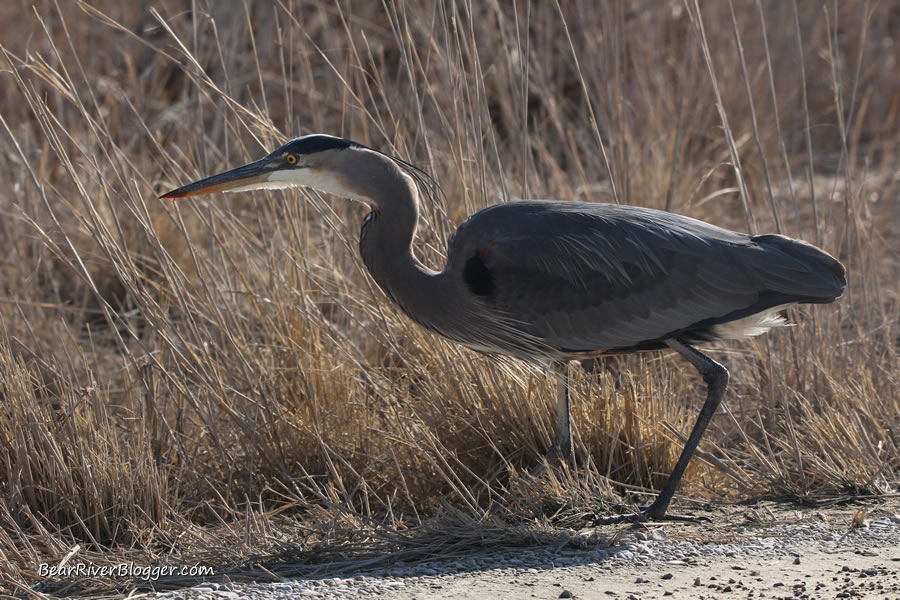
It was late January, and I was on Farmington Bay watching and photographing the incredible spectacle of dozens of wintering bald eagles when I noticed a great blue heron standing on the gravel road up ahead a few hundred yards.
As I drove closer, I noticed it was preoccupied with something and paid almost no attention to me, allowing me to drive within a few short yards of it as the tall, grey heron seemed to be stalking something in the tall grass on the edge of the gravel road.
Without warning, the great blue heron lunged its sharp beak into the grass and pulled out, well, you guessed it, a rodent.
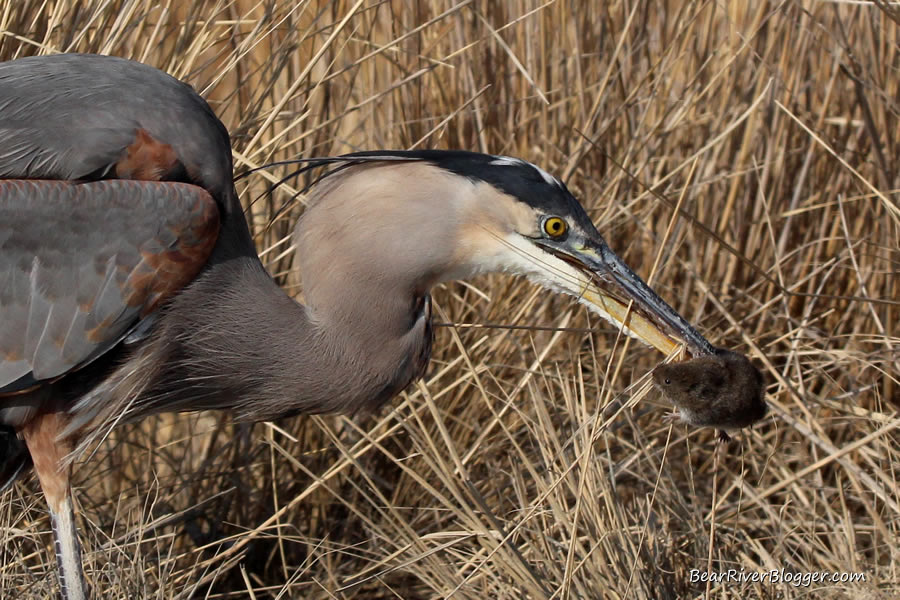
Great blue herons do eat mice, voles, and other rodents during the winter when fish becomes scarce or when waterways become too frozen to hunt.
This time of year in Utah is usually very cold and, as a result, the wetlands are typically frozen solid, meaning not a lot of fishing opportunities for the great blue herons.
But even despite the cold winter climate here in Northern Utah, great blue herons don’t really migrate south for the winter but stay put and adapt their hunting methods in order to find food.
It is this unique ability by the great blue heron, adapting and finding alternate food sources, such as mice and voles, in tough winter climates that allows it to spend winters much further north than many other fish-eating birds.
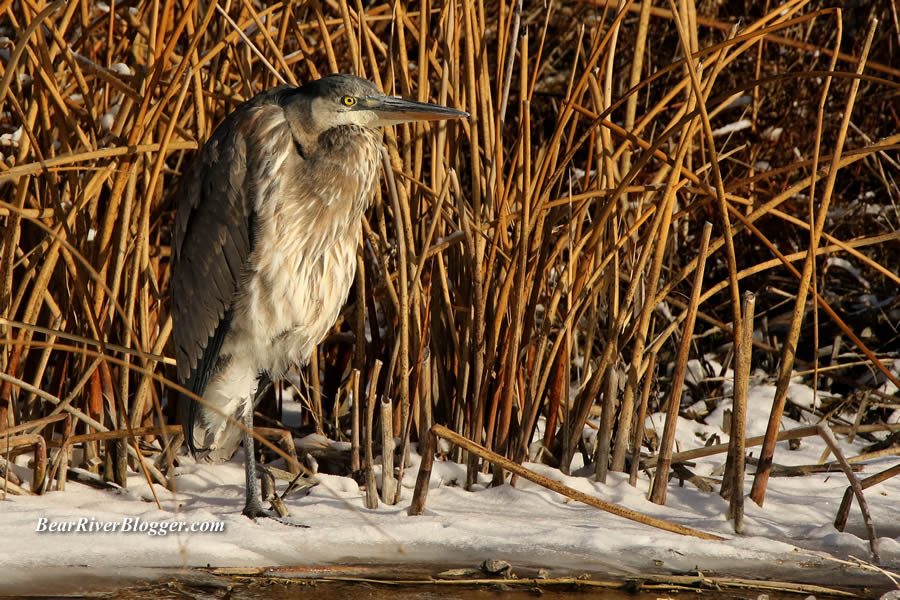
In my opinion, winter, more precisely the months of December and January, is the absolute best time to watch great blue herons.
And as such, I spend countless hours on the Bear River Migratory Bird Refuge auto tour route looking for and watching great blue herons survive the cold, brutal winters.
Doing so has actually given me a great appreciation for this particular species of bird by how it adapts to our cold winter climate where it can be well below the freezing mark for weeks on end during this time of year.
If you are a bird watcher like I am, I offer you to head on over to my subscribe page and sign up for email notifications for future blog posts.
I also hope you will share any of our blog posts you find interesting on your favorite social media accounts to help us grow this blog.
Your support and readership for this blog are greatly appreciated and I am anxious to get out again with my camera to try and capture and share the truly interesting birds and other creatures in nature I love to watch and photo with you.
Birding Apparel
Use promo code save20 for 20% off this and all items in our online store Bird Shirts and More. “Have An Owlsome Day” hooded sweatshirt
